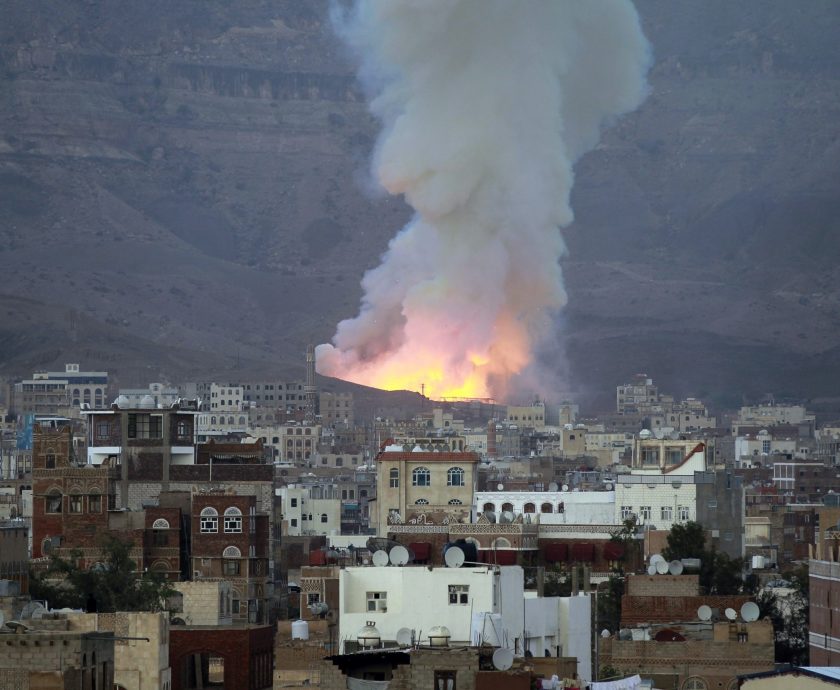Click to expand Image
The parish of St. Joannes Baptista in Parung, near Jakarta, Indonesia, using tents for their services. It has not secured a church permit after applying for more than two decades.
© 2024 Andreas Harsono/Human Rights Watch
Pope Francis is in Indonesia as part of a 12-day tour of the Asia-Pacific region. His visit comes as numerous discriminatory regulations in Indonesia target religious minorities around the country.
Just a short drive from the Vatican Embassy in Jakarta is the parish of St. Joannes Baptista in Parung, where the local Catholic community had bought land to build a church. Then, in 2006, the Indonesian government introduced the “religious harmony” regulation. Only instead of promoting harmony, the law effectively gives the local religious majority veto power over minority places of worship.
The regulation allowed the Muslim majority in Parung via the official Religious Harmony Forum to deny permission to build the church. Muslim groups then started intimidating the parish’s Christian community.
In 2013, Alexander Adrian Makawangkel, a member of the parish, told me about the continual harassment. “I often stay the night here, guarding the compound and monitoring cameras,” he said.
This week, I visited the parish again. A decade on, there is still no church. The parish uses tents for its 3,000 members, but often must dismantle them because of pressure from the local administration, especially during Christmas and Easter celebrations.
St. Joannes Baptista is not the only Christian group facing pressure. Local groups have estimated that several hundred to perhaps over 1,000 churches have been closed, sealed, or burned in the past two decades. However, Indonesia’s Ministry of Religious Affairs has failed to gather data on those churches. Other religious minorities, such as Ahmadiyah, Buddhists, Hindus, Kejawen, Millah Abraham, Shia, and Sunda Wiwitan face similar discrimination.
Harassment and violence against religious minorities in Indonesia is rising, facilitated by laws that undermine religious freedom. In 2022, for instance, parliament expanded the toxic blasphemy law from one to six articles, and those found guilty can be imprisoned for up to five years. A University of London study documented more than 700 regulations discriminating against religious minorities, as well as women and LGBT people. The United States Commission on International Religious Freedom states that the conditions in Indonesia are “trending negatively.”
Makawangkel died in January 2019, his dream of building the church unfulfilled. Pope Francis should encourage the Indonesian authorities to spare others such anguish and to protect religious freedom for all, not only for the majority.



